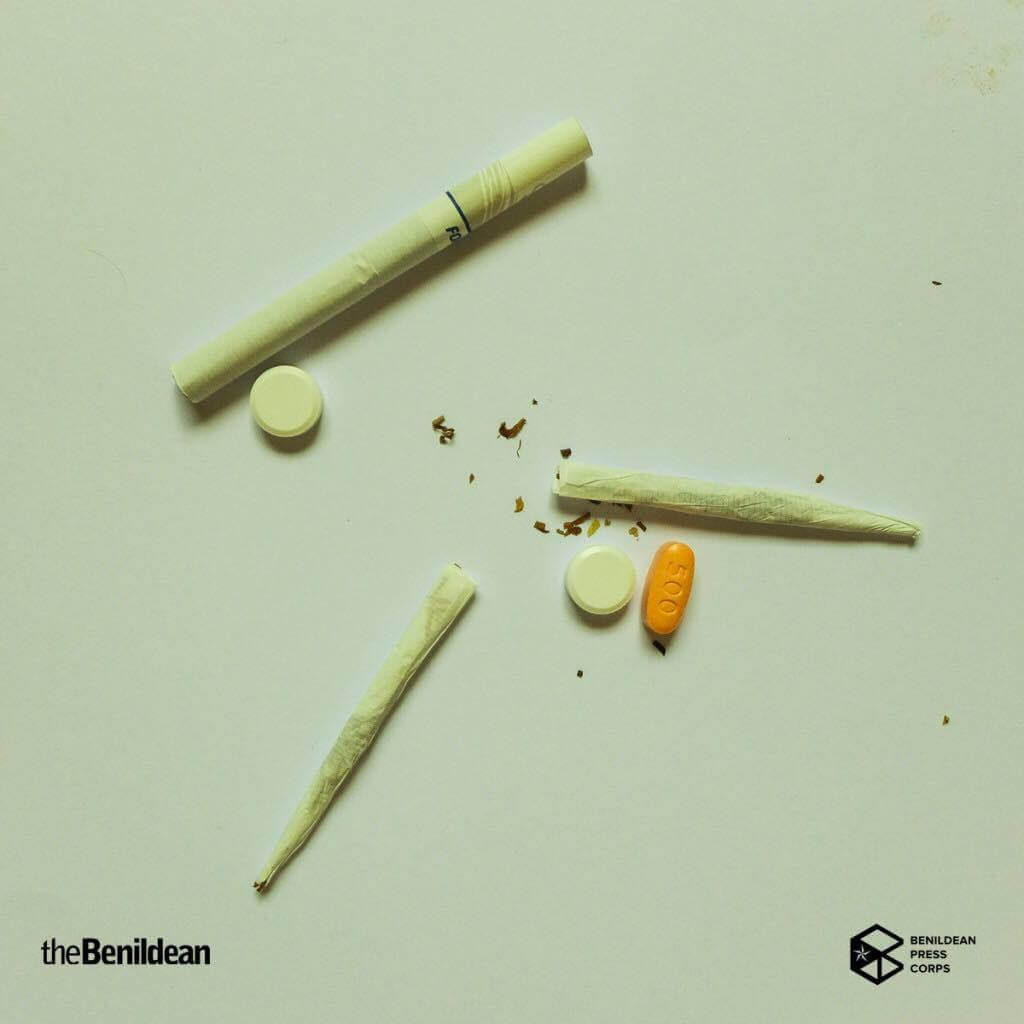Prominent TV and radio personality Ramon Tulfo’s article in the Philippine Daily Inquirer alleging that the College’s students are involved in illicit drug trade and use caused an uproar in the Benildean community. His claims also included the College’s lack of response regarding the alarming situation. Whether or not these allegations may be true, this serves as a wake up call for the College as it yet brings to light another issue.
In his column dated last February 17, he stated that his daughter admitted that she had taken Valium, and when her bedroom was searched, a sachet of marijuana was found. How his daughter Nastassja Tulfo managed to acquire such substance is questionable, considering that the College prohibits illicit use of drugs for purposes other than medical. The prohibition on drugs is codified under Appendix H of the Student Handbook, entitled “Drug-free DLS-CSB-‘Benildean Ayaw sa Droga’” declaring that unauthorized possession, or being under the influence, of prohibited drugs or chemicals included in the list of prohibited drugs and chemicals is also a major offense which may result to expulsion.
Slipping through
Despite the sanctions the College imposes, students still manage to slip through them, proceeding to transact with fellow users and drug dealers. The Benildean Press Corps (BPC) has managed to identify and speak to a couple of users who were willing enough to share their experiences on the matter. For their well-being and to their discretion, we agreed to keep them anonymous, aside from their batch number and/or degree program.
A 113 student admits to sometimes smoking weed, despite the sanctions. “I’m aware of the sanctions, that’s why you should be careful when using it.” She also admits to acquiring the drug from friends who use it and who then hook her up with their drug dealers. “I get my drugs outside the school [or] around Taft, like food chains.” She further adds by describing how she transacts with dealers. “Hang out with them for a while, or shake hands with them then [they’ll pass you] the drugs or [hand you] in a box of cigarettes tapos nasa loob ‘yung drugs.” She happily ends the interview by saying, “Clean na ako,” or to put it in other words, she has finally stopped the vice. Another 113 student admits to being a drug user, although he stresses he is “not a drug addict,” adding, “I’ve done it a few times but not enough for me to become a drug addict.”
Due process
To ensure a drug-free community, the College requires all freshmen and transferees to undergo the Mandatory Drug Test (MDT) prior to enrollment every term. For the upper batch, a Random Drug Test (RDT) is conducted every second and third term. If a student is found positive in the RDT, a confirmatory test is done. If the confirmatory test yields same results, they are referred to the Office of the Vice Chancellor for Lasallian Mission and Student Life (LMSL). The College will meet with the student and his/her parent/guardian. The student is given an option to undergo initial counselling provided by the College and contrary to popular belief, is encouraged to return to the College to finish his/her degree after rehabilitation.
Any student, according to Ms. Carmelita Lazatin, Vice Chancellor of LMSL and Ms. Norie Ador Dionisio, Dean of the Department of Student Life (DSL), who is charged with an offense that is drug related is accorded due process. If the student is found guilty following the course of investigation, corresponding sanctions are given and the Office of Student Behavior (OSB) is assigned to ensure student compliance. For example, if the student is caught in possession, selling, or distributing drugs and other paraphernalia, they are charged with a major offense to their student records and brought to the Discipline Board for proper disposition of the case.
What’s done
Nevertheless, the College has never stopped in its commitment of ensuring a safe and healthy community for its students. Drug awareness campaigns with the Philippine Drug Enforcement Agency (PDEA) were and have been conducted and security personnel regulates screening at the entrances of each campus. The College has also been in close coordination with the Manila Police District and local executives as well as De La Salle University Manila and St. Scholastica’s College, Manila. Furthermore, the College is an active member of the Task Force Safe School which ensures proper coordination and monitoring of the immediate areas of the schools, including crime prevention efforts. The LMSL also created the Task Circle for Substance Abuse which focuses on formulating guidelines, procedures, support and referral systems related to substance abuse. The recent drug raid of bars within the College vicinity has brought attention to College rules and policies, however, provisions were already in place long ago in the Student Handbook SY 13-16, specifically Appendix G (General Guidelines for the Conduct of Random Drug Testing for Tertiary Student) and Appendix H. Ms. Lazatin furthers that the College does not see the need to add provisions again to the Student Handbook, but instead sees the need to strengthen them.


